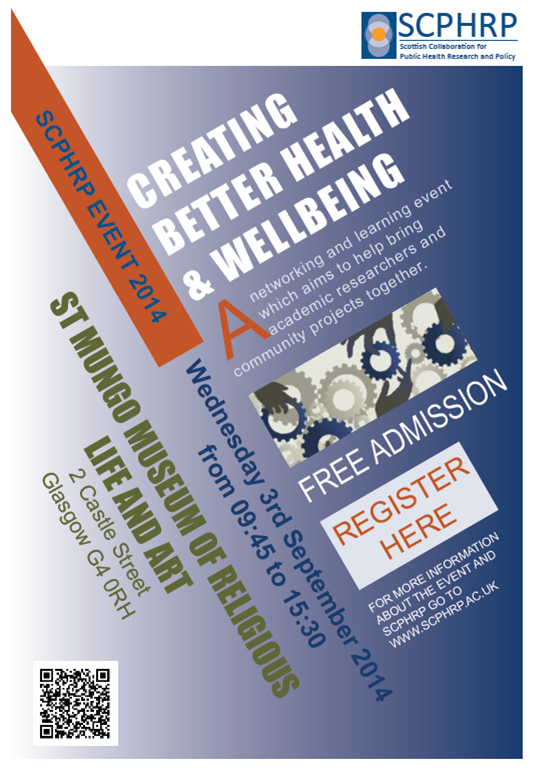A qualitative study of independent fast food vendors near secondary schools in disadvantaged Scottish neighbourhoods
Preventing and reducing childhood and adolescent obesity is a growing priority in many countries. Recent UK data suggest that children in more deprived areas have higher rates of obesity and poorer diet quality than those in less deprived areas.



